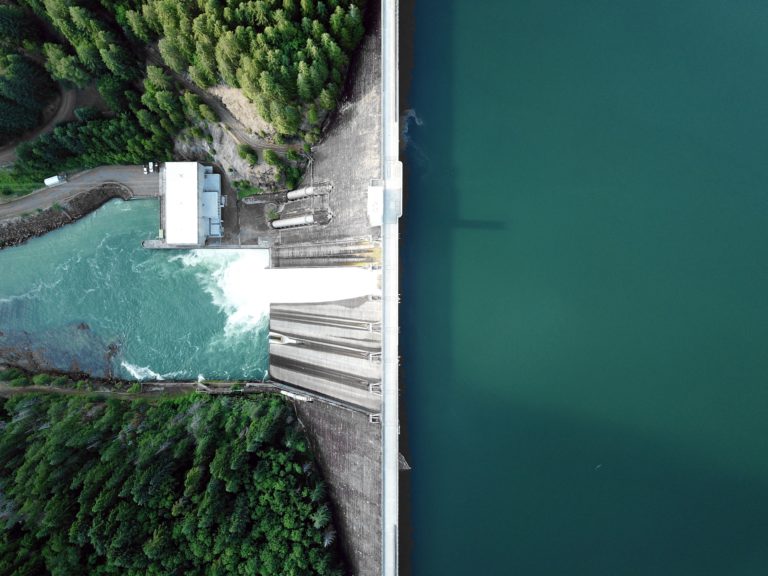The District Journal Team
Revolutionizing Water Management: Blockchain’s Potential for Conservation and Efficiency

Water, the lifeblood of our planet, is a vital resource whose management presents complex challenges. From allocation to quality control and billing, water management systems are intrinsically multifaceted, with multiple stakeholders and intermediaries. Blockchain technology offers innovative solutions to these complexities and could provide substantial cost savings, as well as improved efficiency and transparency in water management.
The Role of Blockchain in Water Management
Blockchain technology, with its decentralised ledger system, could revolutionise how we manage water. The distributed nature of blockchain allows for the removal of intermediaries, leading to reduced costs and increased transparency. Blockchain-based systems can keep track of water usage in real-time, providing a fair and transparent way of billing consumers. This real-time data can also highlight potential leaks or inefficiencies within the system, facilitating early detection and resolution.
Incorporation in Existing Systems
Integrating blockchain technology with existing smart metering infrastructure could lead to significant advancements. Smart meters equipped with blockchain technology can record and communicate real-time water usage data to a public ledger. This could provide a transparent, tamper-proof method for tracking and billing water usage. Disputes over water usage and billing could be resolved with greater ease, potentially saving water authorities millions in dispute resolution costs.
Case Studies and Potential Savings
Blockchain technology’s promise in water management is not mere speculation; it has already been tested. The successful implementation of blockchain-based water management systems in places like Bangladesh and the Fiji Islands offers compelling evidence of its potential.
In Bangladesh, a project undertaken by the non-profit Grameen Intel Social Business saw the development of a blockchain-based system to manage water filtration devices. The system allowed users to pay for filtered water using mobile money. This project not only increased access to clean water but also reduced costs associated with cash handling.
Meanwhile, in the Fiji Islands, the non-profit Water Authority used a blockchain system to improve the accuracy and transparency of its billing process, leading to significant savings. The system facilitated a seamless exchange of data between consumers, water suppliers, and payment systems.
Challenges and Opportunities
While the potential of blockchain in water management is vast, challenges remain. Technological hurdles, regulatory issues, and user acceptance must be addressed. Moreover, data privacy and security are significant concerns, given the sensitivity of user data involved.
However, these challenges also present opportunities. For instance, blockchain could facilitate peer-to-peer water trading, allowing users with surplus water to sell directly to those in need. This could potentially improve water access in areas prone to scarcity and reduce wastage.
Further, blockchain could be combined with other technologies like Internet of Things (IoT) and Artificial Intelligence (AI) for predictive analysis of water usage trends and better resource allocation.
Conclusion
In summary, blockchain technology holds substantial promise for water management. Through increased transparency, reduced costs, and improved efficiency, blockchain could redefine how we manage this essential resource. As we continue to grapple with water scarcity and climate change, innovative solutions like blockchain are more crucial than ever. While the road ahead may have its share of challenges, the potential benefits of blockchain in water management are too significant to be ignored.
Food for thought
Blockchain and Water Management
- Efficiency and Transparency: With real-time tracking and transparent billing systems, blockchain can increase efficiency and transparency in water management. How might these changes affect consumer behaviour?
- Sustainable Management: Blockchain can contribute to more sustainable water management practices. How could this affect regions with water scarcity and infrastructure challenges?
- Data Security: Given the sensitivity of data, privacy and security are significant concerns in adopting blockchain for water management. How can these concerns be addressed?
- Regulatory Compliance: The implementation of blockchain in water management must comply with existing laws and regulations. What might be potential legal implications, and how can these be navigated?
